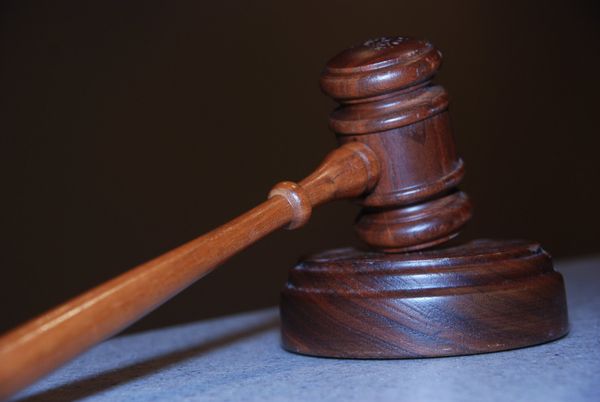KUALA LUMPUR, Aug 20 — Proceedings in the Children’s Court, unlike regular courts, are conducted behind closed doors to safeguard the identity and welfare of minors while ensuring their right to a fair trial.
Only immediate family members, lawyers, deputy public prosecutors, and court staff are allowed in court during the proceedings. Access is denied to the public and media to protect the safety and confidentiality of the children involved
Former Court of Appeal judge Datuk Yaacob Md Sam said that the Children’s Court was established under Section 11 of the Child Act 2001 (Act 611), which defines children as those under the age of 18.
“Children accused of committing criminal offences will face charges under laws such as the Penal Code, but the cases will be registered and tried in accordance with Act 611, the Child Act 2001.
“The identities of child offenders must not be revealed to the public by any party, including the media as doing so constitutes an offence under Act 611,” he said when contacted by Bernama today.
Former magistrate Ahmad Shamil Azad said Section 15 of the Child Act 2001 prohibits the media from reporting the names, addresses or personal details of child offenders accused in court, or from publishing their photographs, as they are under the age of 18.
“Section 12 of the Child Act 2001 stipulates that cases involving children in the Children’s Court are to be held behind closed doors, with only family members, the child concerned, lawyers, court staff and police allowed to attend. The public is not permitted to enter to protect the identity and safety of the children.
“The media is barred from covering proceedings inside the courtroom. Usually, in such cases, the media will wait for any statements from the family, their lawyer or the deputy public prosecutor once proceedings for the day are concluded,” he said.
Shamil said Section 90(1) of the Child Act 2001 stipulates that if a child is brought before a court, the charge and its nature must be explained to the child offender in simple language suitable to their age and level of maturity.
“If the child is represented by a lawyer, the responsibility to explain the charges may be delegated to the lawyer or parents if necessary, so the child understands the charges and the options available.
“The court will then enquire whether the child wishes to plead guilty or not, and for subsequent proceedings, if the child is unrepresented, the court may assist by asking questions for the purpose of the trial,” he said.
According to Shamil, children must be accompanied by their mother or guardian throughout court proceedings, and failure to appear may result in punishment under Section 88(2) of the Child Act 2001, which provides for a maximum fine of RM5,000, imprisonment of up to two years, or both.
Meanwhile, former Kuala Lumpur magistrate Nur’Aminahtul Mardiah Md Nor said ethical journalists must refrain from photographing child offenders in the Children’s Court, even when proceedings are not in session.
“If a journalist discloses the name, picture, video, address, school name or any information that could lead to the identification of a child, it is an offence under Section 15(1) of the Child Act 2001, which carries a maximum fine of RM10,000, imprisonment of up to five years, or both,” said Nur’Aminahtul Mardiah, now a lawyer.
Former deputy public prosecutor Abdul Khaliq Nazeri said child offenders could be involved in a range of offences, including drug use and possession, general criminal cases such as theft, and sex crimes like sexual assault and rape.
“Their presence in court also follows specific procedures...they are not handcuffed and do not sit in the dock,” Khaliq said.




